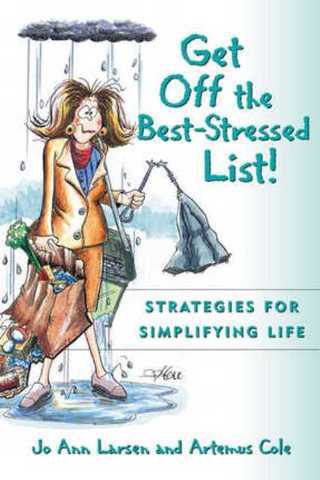Anticipating problems can motivate you to perform at a higher level or help you plan ways of coping. But worrying should not take a significant toll. It shouldn’t cost you sleep, distract from work, or lower your self-esteem. If it does, you may be a chronic worrier. Consider the following ways to decrease worry and increase well-being.
Act on What You Can Control
The biggest problem for worriers is not that they worry too much, but that they worry ineffectively. Divide your worries into three categories: (1) those you can realistically do something about (exercising more); (2) those you can’t (the weather); and (3) those over which you have limited control (wrinkles). Tackle worries you can act on. Shed worries you can’t control. Exercise any limited power to change events. Worry is of value when it forces you into action. Therefore, when change is possible, craft a step-by-step action plan and decide how soon to worry.
Also, minimize worries by sharing them with someone close. As one young child confided to her mother, “It’s too much work to worry alone.”
Make a Worry List
Gather up worries and write them down on a worry list. Then date and file the list, retrieve the list the following week and note items you’re still worried about. Review your list in another week, after that in another month. You may even want to save the list to review next year. What will you find? Probably that worrying didn’t help, or even that it was a serious waste of energy. Most worries will disappear within a few days. In a week, month, or year, they’ll all likely be gone, and unless you check the list you saved you won’t even remember worrying about them.
Pick a Worry Time
Finally, set aside 30 minutes every day and worry only during this period. Worry in the same place at the same time and, above all, worry for the full 30 minutes. In a worry session, you may find that particular worries simply aren’t significant. Or your worries will fade simply because you’re concentrating on them. Ultimately, you may pinpoint and resolve real problems.
Lead image from Getty Images
Relax! That's easy enough to say, but in today's lightning-paced world, it's not always so easy to do. With chapters on putting family first, controlling anger, diffusing criticism, and many more topics, Jo Ann Larsen offers a wide variety of stress-relieving strategies, recognizing that different things work for different people.
Read more about keeping worries in check in Get Off the Best-Stressed List, available at Deseret Book stores and deseretbook.com.



